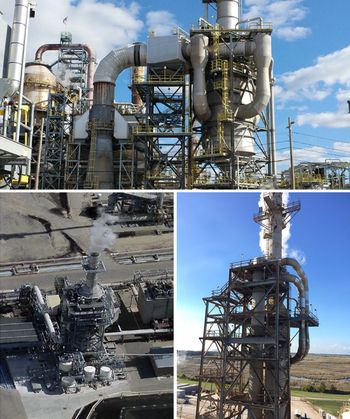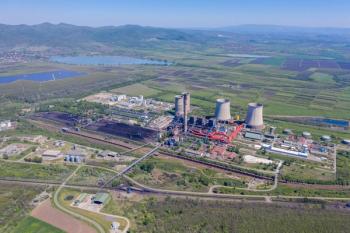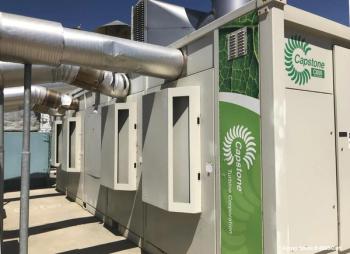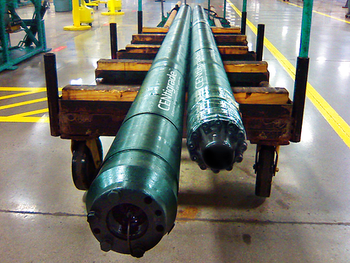
LNG plant planned in Canada to ship out American gas to Asia
Malaysia’s state-owned energy company recently said it would build a large-scale natural-gas plant on Canada’s Pacific coast, paving the way for the export of cheap North American gas to high-demand markets in Asia. The 36 billion-Canadian-dollar (US$29.3 billion) project is known as Pacific NorthWest LNG, and is said to be the first of nearly two dozen liquefied-natural-gas plants proposed for the Pacific Coast to move ahead with construction. Petronas is likely to start up commercial operations in 2019.
Pacific NorthWest LNG plans to ship six million tons of natural gas a year from inland British Columbia to a liquefaction plant to be built on an undeveloped island at the port of Prince Rupert on the province’s rugged and remote northwestern coast.
Petroliam Nasional Bhd., or Petronas, is the lead sponsor of the project, along with minority partners China Petroleum & Chemical Corp., Japan Petroleum Exploration Co., Indian Oil Corp. and Brunei National Petroleum Co. The Petronas project has been considered a front-runner and its decision on whether to move ahead with construction has been closely watched by other Canadian LNG project proponents, including Royal Dutch Shell PLC and Chevron Corp.
Positive environmental assessment
The decision is conditional on the approval by the British Columbian legislature of a favorable royalty payment plan announced by Premier Christy Clark last month, as well as a positive environmental assessment by the Canadian federal government, which is expected to be issued later this year. Ms. Clark’s government, which has lobbied hard to attract an LNG industry, welcomed the decision as a key driver of future economic growth.
In December, Petronas missed a self-imposed deadline for making a final decision on the project by year-end 2014, citing high development costs and a slump in energy prices. But following the announcement last month of fixed royalty regime, which caps future payments, the company said that “the required technical and commercial components of the project have been satisfied.” Petronas said it was also working to win over a handful of Native American groups with traditional territorial rights along its proposed natural-gas pipeline route.
Newsletter
Power your knowledge with the latest in turbine technology, engineering advances, and energy solutions—subscribe to Turbomachinery International today.




